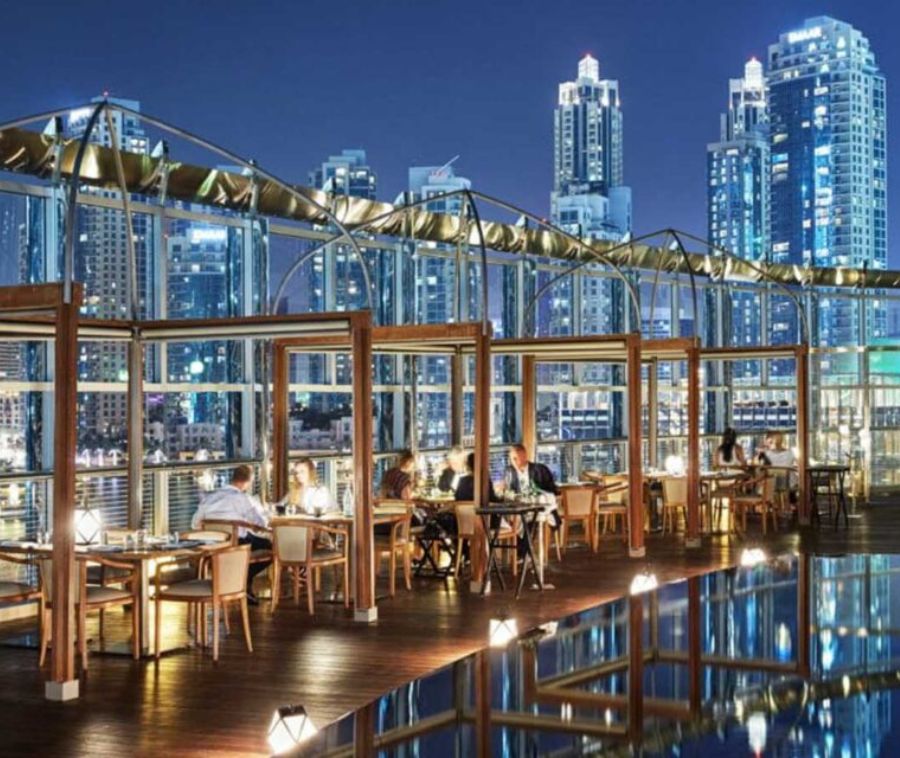
How to Open a Grocery Store or Mini Mart in Dubai
Setting up a grocery store or mini mart in Dubai can be a profitable venture, given the city’s fast-paced lifestyle, diverse population, and strong demand for everyday essentials. Whether you’re an expatriate entrepreneur or a local investor, this step-by-step guide will help you understand the licensing, costs, and regulatory requirements involved in launching a successful grocery retail business in Dubai.
Why Open a Grocery Store in Dubai?
- Consistent demand for food and essentials across all demographics
- Growing population of residents and expatriates
- Opportunities for niche stores (organic, ethnic, budget-friendly, etc.)
- Strategic locations available in residential communities, malls, and commercial areas
Step-by-Step Guide to Opening a Grocery Store or Mini Mart
1. Decide on Your Business Model
Choose the type of grocery store you want to open:
- Mini Mart – Compact and convenient, ideal for residential or commercial buildings
- Supermarket – Mid-sized retail outlet with more variety and volume
- Specialty Store – Organic, ethnic, or health-focused grocery concepts
- Franchise – Partnering with an existing brand for faster market entry
2. Choose the Business Jurisdiction
Your store must be licensed in one of the following jurisdictions:
- Dubai Mainland – Ideal for operating in any location in Dubai, including residential and commercial zones
- Free Zone – Suitable for e-commerce or distribution-based grocery businesses, but limited for retail stores
For a physical grocery store, setting up in Dubai Mainland is usually required.
3. Select a Trade Name and Legal Structure
- Reserve a unique trade name with the Department of Economic Development (DED)
- Choose the appropriate legal structure, typically:
- Sole Establishment
- Limited Liability Company (LLC) – Most common and allows multiple shareholders
4. Obtain Initial Approvals
Before applying for your trade license, you’ll need to get:
- Initial Approval Certificate from DED
- Location approval for the shop from Dubai Municipality
5. Secure a Commercial Space
Choose a retail space that fits your business size and footfall goals:
- Must meet Dubai Municipality health & safety standards
- Must have appropriate layout for food storage, refrigeration, and customer traffic
- Get a tenancy contract and have it registered through Ejari
6. Apply for a Grocery Trade License
Submit the following to DED:
- Trade name reservation certificate
- Initial approval certificate
- Ejari and tenancy contract
- Passport copies of shareholders
- MOA (Memorandum of Association)
Once approved, you will receive your Grocery Trade License under the Activity Code: 521103 – Grocery Store.
7. Get Approvals from Dubai Municipality
Dubai Municipality requires inspections and approvals for:
- Hygiene and sanitation compliance
- Food safety management
- Storage and refrigeration systems
Your store must also comply with Dubai’s Food Code if you will be handling fresh or perishable food.
8. Hire Staff and Register with MOHRE
- Hire qualified staff for cash handling, shelf management, and hygiene
- Register employees with the Ministry of Human Resources & Emiratisation (MOHRE)
- Obtain labor cards and process employee visas
9. Set Up Your POS and Inventory System
- Implement a Point of Sale (POS) system
- Set up inventory management software to monitor stock, suppliers, and pricing
- Consider integrating with payment gateways and loyalty programs
10. Launch and Promote Your Store
- Use local SEO, Google My Business, and social media for visibility
- Offer opening promotions and bundle deals
- Partner with online delivery apps to expand your reach
Cost Breakdown (Estimated)
| Cost Item | Estimated Amount (AED) |
|---|---|
| Trade name reservation & approval | 1,000 – 2,000 |
| Commercial license (DED) | 10,000 – 15,000 |
| Food license (Dubai Municipality) | 8,000 – 12,000 |
| Ejari rent (annual) | 80,000 – 300,000+ |
| Fit-out & interior design | 150,000 – 500,000+ |
| Kitchen equipment & setup | 100,000 – 300,000+ |
| Staff visa & medical (per person) | 3,000 – 6,000 |
| Marketing & branding | 10,000 – 30,000 |
Total initial investment can range from AED 90,000 to AED 250,000 depending on the store size and location.
Key Tips for Success
- Choose a high footfall area like residential buildings, near schools, or office hubs
- Focus on fast-moving consumer goods (FMCG)
- Keep your pricing competitive
- Ensure strong supplier relationships for better margins
- Comply strictly with municipal regulations to avoid fines or closures
How GCCG Can Help
At GCCG.ae, we simplify the grocery store setup process for you — from licensing and location scouting to government approvals and ongoing compliance. Our business consultants ensure you launch your mini mart in Dubai with complete peace of mind and a clear path to profitability.
